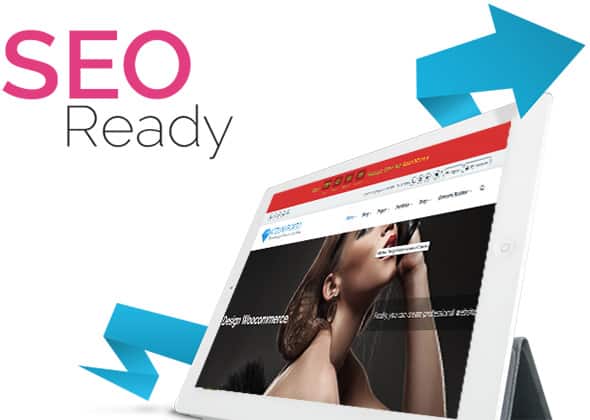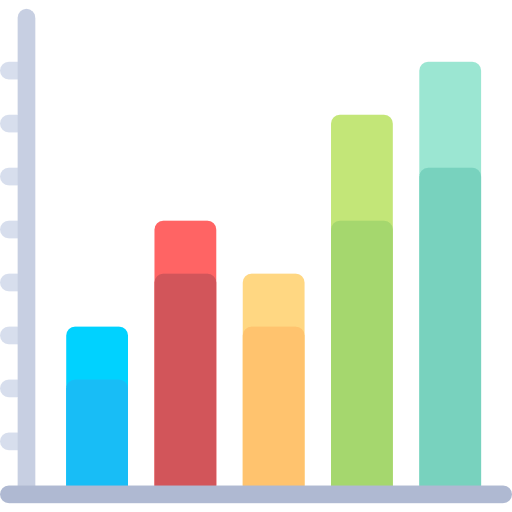Influencer Partnership Workshop for “EcoBeauty”
Objective
This workshop is designed to guide participants through the process of creating a mock influencer marketing campaign for “EcoBeauty,” a hypothetical online retailer specializing in eco-friendly beauty products.
The focus is on strategic influencer selection, creative content planning, and defining expected outcomes.
Preparation
- Brand Overview: Provide participants with information about EcoBeauty, highlighting its mission, product range, target audience, and marketing goals.
- Influencer Profiles: Offer a selection of diverse influencer profiles that include details on their audience demographics, engagement rates, content style, and values alignment with EcoBeauty.
- Campaign Goals: Define clear objectives for the campaign, such as increasing brand awareness, driving sales for a new product line, or enhancing customer loyalty.
Workshop Activities
-
Influencer Selection (30 minutes)
- Task: Choose one or more influencers to partner with for the campaign. Consider factors like audience match, brand alignment, and creative potential.
- Output: A rationale for selected influencers, including how their unique strengths and audience demographics align with EcoBeauty’s campaign goals.
-
Content Ideation (45 minutes)
- Task: Develop creative content ideas that leverage the influencers’ platforms and styles. Ideas could range from product unboxings and reviews to “day in the life” vlogs featuring EcoBeauty products.
- Output: A content plan outlining key messages, formats (e.g., Instagram posts, YouTube videos), and a content calendar.
-
Expected Outcomes (30 minutes)
- Task: Define clear, measurable outcomes based on the campaign’s goals. This might include targets for engagement rates, website traffic, and conversion metrics.
- Output: A set of KPIs (Key Performance Indicators) and a plan for how these will be measured (e.g., using specific hashtags, affiliate links, or promo codes for tracking).
Presentation and Feedback (45 minutes)
- Presentation: Each group presents their influencer marketing campaign plan, explaining their influencer selection, content ideas, and how they anticipate these efforts will achieve EcoBeauty’s objectives.
- Feedback: Facilitate a constructive feedback session, allowing participants to critique and suggest improvements to each other’s plans, focusing on feasibility, creativity, and alignment with campaign goals.
The Influencer Partnership Workshop equips participants with a hands-on understanding of how to strategically plan and execute an influencer marketing campaign.
By focusing on thoughtful influencer selection, creative content planning, and clear outcome measurement, participants learn to craft campaigns that resonate with audiences and drive tangible results for brands like EcoBeauty.
Next Steps
- Encourage participants to apply the workshop’s principles and strategies to real-world influencer marketing campaigns.
- Highlight the importance of ongoing monitoring and adaptation based on campaign performance and influencer feedback.
Affiliate Program Simulation for “Gourmet Delights”
Objective
This simulation guides participants through the process of creating an affiliate marketing program for “Gourmet Delights,” a hypothetical online retailer specializing in high-end gourmet foods.
The focus is on establishing a competitive commission structure, developing an effective affiliate recruitment strategy, and creating engaging promotional materials.
Preparation
- Retailer Overview: Provide a brief on Gourmet Delights, highlighting its product range, target market, and key selling points.
- Market Analysis: Share insights on affiliate marketing trends within the gourmet food industry, including average commission rates and successful recruitment tactics.
- Resource Kit: Offer templates and examples of promotional materials used in affiliate marketing.
Workshop Activities
-
Commission Structure Design (30 minutes)
- Task: Develop a commission structure that is competitive yet sustainable for Gourmet Delights. Consider tiered commissions based on performance or different rates for various product categories.
- Output: A detailed commission model outlining rates, payment schedules, and performance incentives.
-
Affiliate Recruitment Strategy (45 minutes)
- Task: Craft a strategy to attract high-quality affiliates. This could involve targeting food bloggers, culinary influencers, and gourmet cooking schools. Plan outreach methods, including direct contact, social media, and affiliate networks.
- Output: A recruitment plan with targeted affiliate profiles, outreach channels, and an onboarding process.
-
Promotional Materials Creation (45 minutes)
- Task: Design promotional materials that affiliates can use to market Gourmet Delights effectively. This might include banner ads, email templates, and content for social media posts.
- Output: A set of creative and branded promotional materials, along with guidelines on how to use them for effective promotion.
Presentation and Feedback (1 hour)
- Presentation: Each group presents their comprehensive affiliate marketing program, explaining their chosen commission structure, recruitment strategy, and the promotional materials they’ve developed.
- Feedback: Facilitate a session where participants provide constructive feedback on each group’s plan, focusing on the attractiveness of the commission structure, the feasibility of the recruitment strategy, and the effectiveness of the promotional materials.
The Affiliate Program Simulation equips participants with practical experience in designing and implementing an affiliate marketing program.
By focusing on creating a competitive yet sustainable commission structure, developing a strategic recruitment plan, and providing affiliates with engaging promotional materials, participants learn how to build a program that attracts and retains high-quality affiliates, driving sales and brand awareness for retailers like Gourmet Delights.
Next Steps
- Encourage participants to refine their plans based on feedback and consider how to implement similar strategies in real-life affiliate marketing programs.
- Highlight the importance of ongoing management and optimization of affiliate relationships to ensure the program’s long-term success.
Campaign Analysis Exercise for “FitLife Apparel”
Objective
This exercise tasks participants with analyzing the performance of a hypothetical influencer or affiliate marketing campaign for “FitLife Apparel,” an online retailer specializing in fitness clothing.
Teams will use provided data to evaluate campaign effectiveness and propose strategies for optimization.
Preparation
- Campaign Overview: Offer a brief on the FitLife Apparel campaign, including goals (e.g., increase brand awareness, boost sales), target audience, influencers or affiliates involved, and the initial campaign strategy.
- Hypothetical Data: Distribute datasets containing key performance indicators (KPIs) such as engagement rates, website traffic, conversion rates, and sales attributed to the campaign.
- Analysis Tools: Ensure participants have access to basic analysis tools (e.g., Excel or Google Sheets) for organizing and interpreting the data.
Workshop Activities
-
Data Analysis (1 hour)
- Task: Review and analyze the provided campaign data to assess performance against the initial goals. Identify high-performing elements as well as areas needing improvement.
- Output: A summary analysis highlighting key findings, including successful aspects of the campaign and areas where performance did not meet expectations.
-
Optimization Strategies (1 hour)
- Task: Based on the analysis, develop targeted optimization strategies aimed at improving overall campaign performance. Consider adjusting influencer or affiliate partnerships, content strategies, promotional tactics, and commission structures.
- Output: A detailed optimization plan outlining proposed changes, expected outcomes, and how these adjustments align with FitLife Apparel’s marketing objectives.
-
Presentation and Discussion (1 hour)
- Task: Present the campaign analysis and proposed optimization strategies to the group. Explain the rationale behind each recommendation and how it is expected to impact campaign performance.
- Output: A compelling presentation that clearly communicates the team’s findings and optimization proposals.
Facilitated Discussion and Feedback
After each presentation, facilitate a discussion encouraging participants to offer feedback and alternative optimization ideas.
Explore different perspectives on data interpretation and strategic adjustments to enhance campaign effectiveness.
The Campaign Analysis Exercise provides participants with hands-on experience in evaluating the performance of a marketing campaign and developing data-driven strategies for improvement.
By analyzing real-world metrics, identifying areas for optimization, and proposing actionable strategies, participants gain valuable insights into maximizing the ROI of influencer and affiliate marketing initiatives for brands like FitLife Apparel.
Next Steps
- Encourage participants to apply analytical and strategic thinking skills to their marketing campaigns, emphasizing the importance of continuous optimization.
- Suggest setting up regular review cycles for ongoing campaigns to monitor performance, gather insights, and make timely adjustments.













